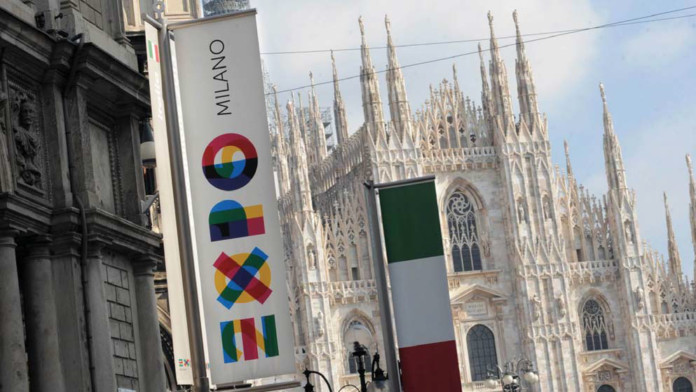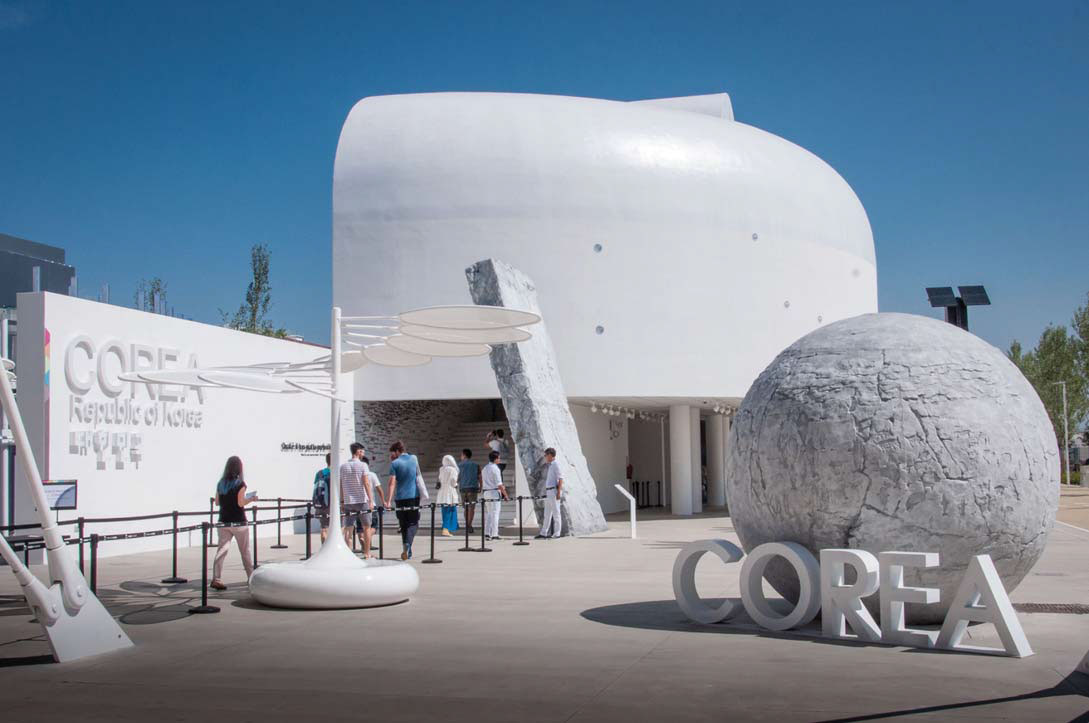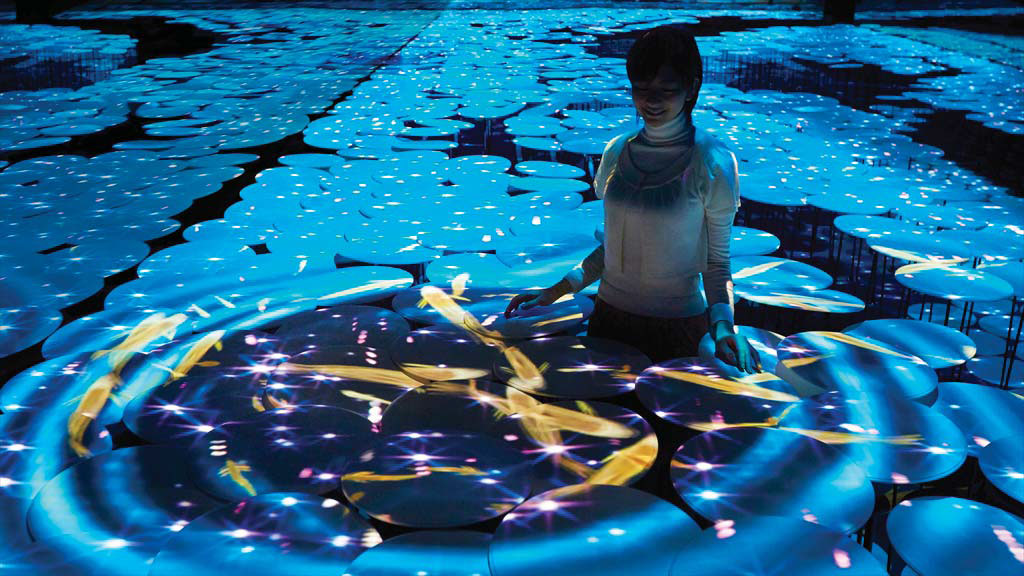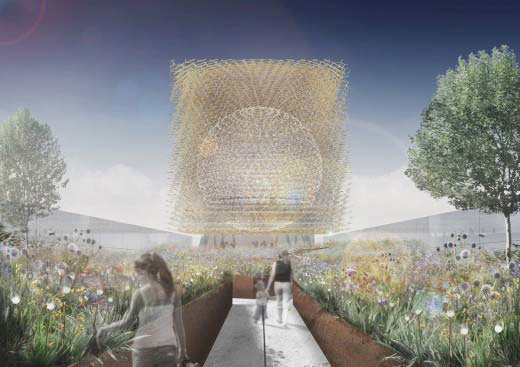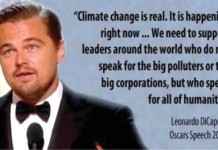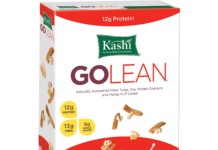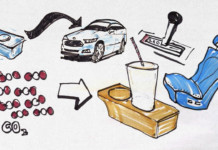Amazing display of powerful ideas by various nations for improving sustainability in food
The Universal Exhibition Expo Milano 2015 that Milan, Italy, is hosting from May 1 to October 31, 2015 shows that the ever-growing global population can be fed if only we cut down on waste and be more innovative. By following the theme ‘Feeding the Planet, Energy for Life,’ 145 countries will show their commitment to creating sustainable ways of producing and delivering food across the globe while guaranteeing the safeguard of the planet.
The aim of the six-month-long exposition is to “create a unique experience for visitors, as protagonists, increasing their awareness of and seeking their participation in the drive for: the right to food that is healthy, safe and sufficient; the environmental, social and economic sustainability of the food chain; and the preservation of taste and of food culture.”
The Swiss Pavilion consists of a room that looks just like a poorly stocked silo. The top shelves are empty while ready-mixed coffee packets line the lower levels. A member of the pavilion’s staff tells us we are free to take home the coffee as much as we like. “But please bear in mind that we filled four floors with coffee for the entire Expo period.
We’re already down to the third floor and rapidly approaching the second. I don’t know if the coffee will last until the Expo ends in October,” she says.
The message is repeated in the remaining three silo rooms, which are stocked with dried apple, salt and water respectively. As stocks decline, the floor of silo lowers in a physical reminder that food and water resources are not unlimited.
The presentation exemplifies Switzerland’s ideas on how to be sustainable, responsible and innovative and perfectly fits the Expo’s theme “Feeding the Planet, Energy for Life”. It also drives home the point that with the global population predicted by rise from 7 billion today to 9 billion in 2050, it is essential that we stop mindless and
selfi sh consumption right now.
Pavilion Zero, where the United Nations highlights sustainable farming approaches and calls for knowledge sharing and increased public awareness of waste. Here the message is: the world has a diverse range of food and food will be available to all if we cut waste and loss, which is currently estimated at a whopping 25 per cent of global output.
South Korea suggests fermentation as a way of filling the gap. Inside the pavilion, visitors become acquainted with “Hansik”, the local word for Korean food. Video presentations, robots and kimchi jars are fully exploited to stress that fermentation will be the answer to the world’s hunger. Fermentation ensures less food loss and waste.
Japan tells the world how respecting the wisdom of nature can help. Highlighting harmonious diversity, Japanese dishes change according to the season and food-making techniques including fermentation are applied. The message here is subtle but no less clear: all are free to choose what to eat but they should also learn how to share with others.
The United Kingdom pavilion highlights the vital role played by bees in the global ecosystem through an innovative architectural design. Stepping out of the food loop, its pavilion features the steely design of a globe inside a beehive. At night, 1,000 LED lights are switched on to turn it into a real beehive. The aim is to underline that bees pollinate more than half of the world’s main food crops yet their numbers are being decimated annually as a result of the increased use of pesticides.
Further seeds of a good idea are sowed at the Israel Pavilion. The visitors learn about the lives of three generations of farmers whose sustainable and innovative approach has turned an arid land into one that’s known for its bountiful fruits and vegetables. Thanks to a vertical field, each part of which is nurtured through a drip irrigation system, visitors travel through time to learn how a desert gave birth to the cherry tomato and how the country became
a major exporter of agricultural products. Notably, Israel is now developing a rice breed that will rely less on water.
http://www.ibtimes.co.uk/expo-milano-2015-5-great-ideas-create-sustainable-planet-1498743
http://www.nationmultimedia.com/life/Ideas-fora-sustainable-world-30265778.html


